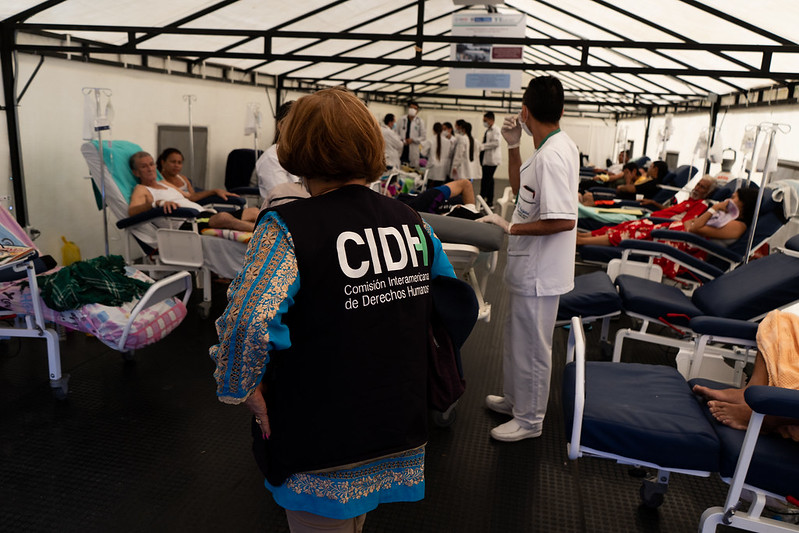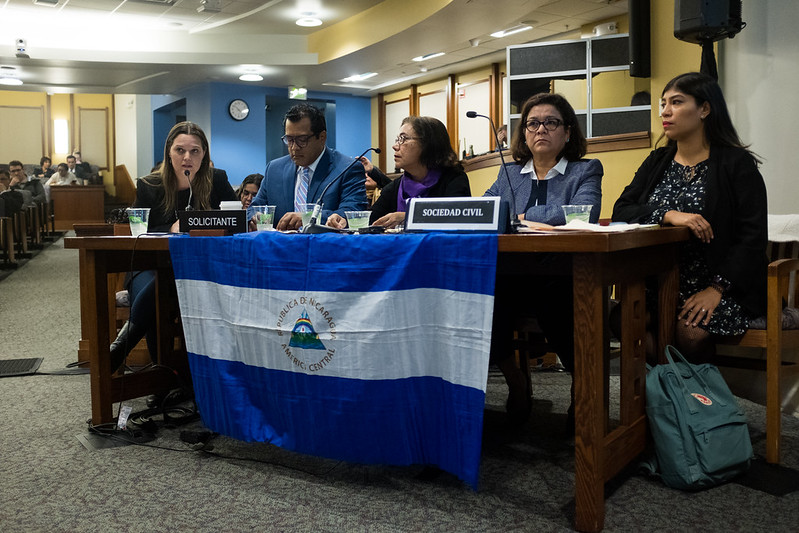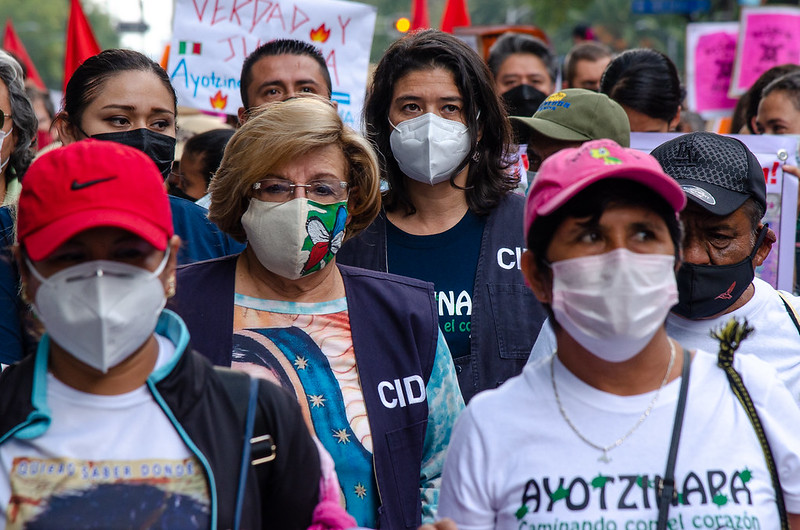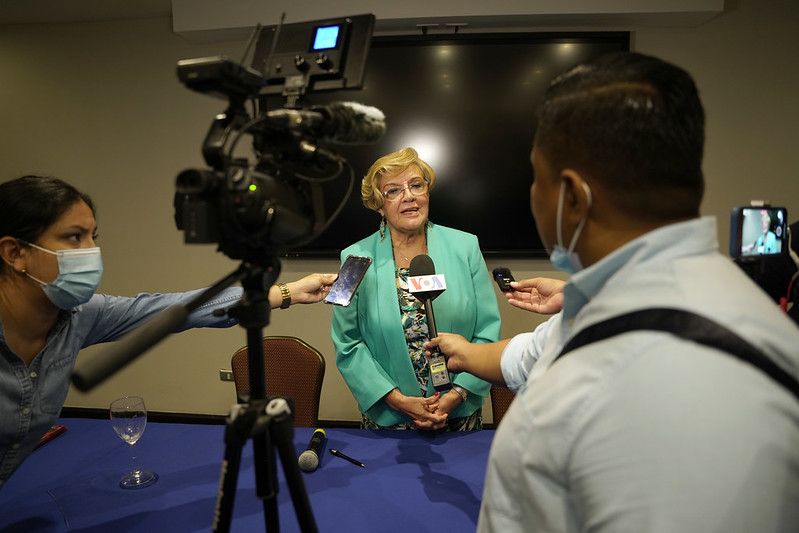- English
- Español

Mechanisms, platforms, and strategies to follow up on recommendations
The IACHR has made major efforts to put together systematic recommendation monitoring processes targeting several countries around the Americas. It has focused on the design and application of specific methods for each country’s concrete characteristics and real situation concerning human rights. With this in mind, the IACHR has set up recommendation monitoring mechanisms, platforms, and strategies aimed at supporting specific processes for adequate implementation of decisions made by the IACHR and by groups of independent experts created to address specific issues in the framework of the inter-American human rights system.
These mechanisms, platforms, and strategies are created by the IACHR in the exercise of its mandate to follow up on its recommendations. They may involve coordinated efforts with States around the Americas, through the creation of positive agendas for work; permanent participation by civil society (whether on a regional scale or within a specific country); or support from stakeholders including autonomous institutions, academia, and international organizations.
In the past, the IACHR also created special monitoring mechanisms for specific contexts and countries, where—beyond monitoring compliance with its recommendations—it conducted permanent monitoring tasks. These include the Special Monitoring Mechanism for Nicaragua (MESENI); the Special Monitoring Mechanism for Venezuela (MESEVE); the Special Monitoring Team, whose mandate was defined by the IACHR in Resolution 54/2018; the Special Monitoring Mechanism for the Ayotzinapa Case (MESA); and the Working Group on the Implementation of Human Rights Policies in the Dominican Republic, which came to an end in November 2018.
Beyond the special mechanisms mentioned above, the following mechanisms, platforms and strategies have been created specifically to monitor recommendations made by the IACHR and by its groups of independent experts.
These mechanisms, platforms, and strategies focus follow-up efforts to support the successful implementation of IACHR recommendations by States, in compliance with the applicable inter-American standards and under the IACHR’s careful watch. These tools have been designed to help the IACHR to cooperate with States and to foster the participation of various relevant stakeholders. They also enable a maximization of the impact of follow-up tools that were already available to the IACHR, including the Inter-American SIMORE, as well as the development of permanent communication channels with a given country’s civil society.
The operations of new mechanisms, platforms, and strategies favor a holistic assessment of compliance with IACHR decisions and recommendations concerning a given country. Their development facilitates access to up-to-date, good-quality information about processes to implement the decisions and recommendations that are being monitored; allows the international community to get involved in the context of a given scenario or case; favors IACHR presence on site; enables systematic and periodic monitoring of priority issues and new developments; and broadens dialogue with the parties, as well as the search for consensual solutions to implement decisions. These contributions lead to profound, specialized follow-up by the IACHR concerning each State’s compliance with its obligations and commitments regarding human rights.
Based on its experience, the IACHR has found that these tools have fostered dialogue and collaborative work between the IACHR and relevant stakeholders including States, civil society, victims, and international organizations. This improved dialogue and collaboration have in turn enabled more systematic measures to comply with IACHR recommendations, as well as made it possible to identify and address the specific challenges involved in each compliance process.









